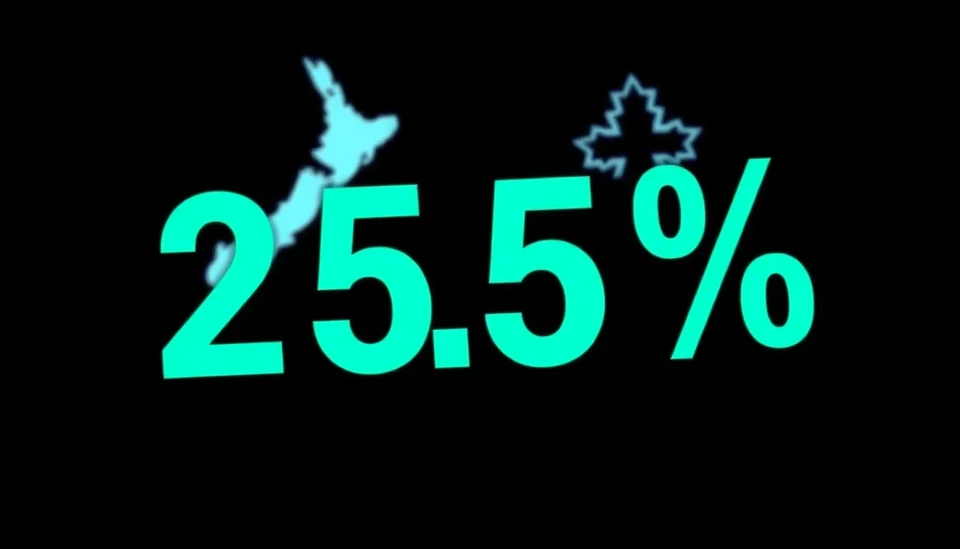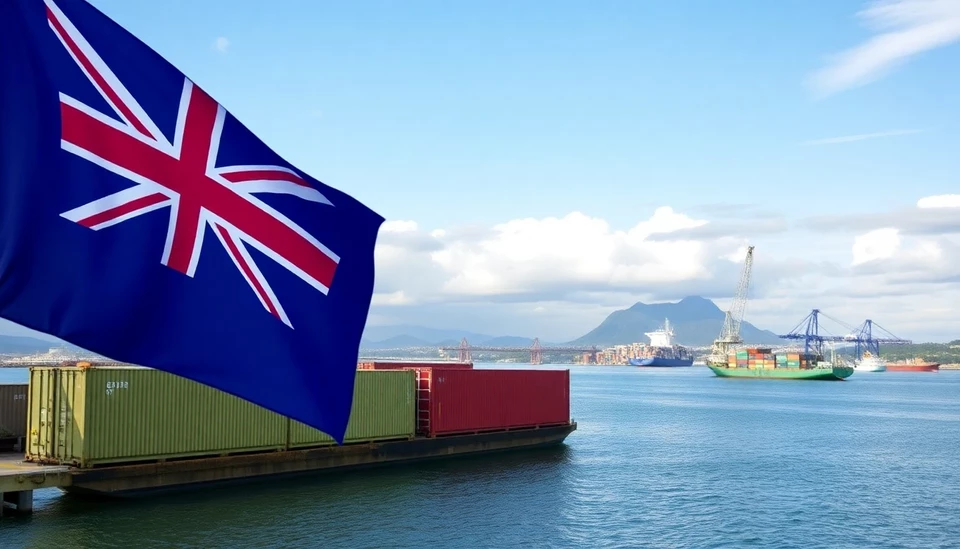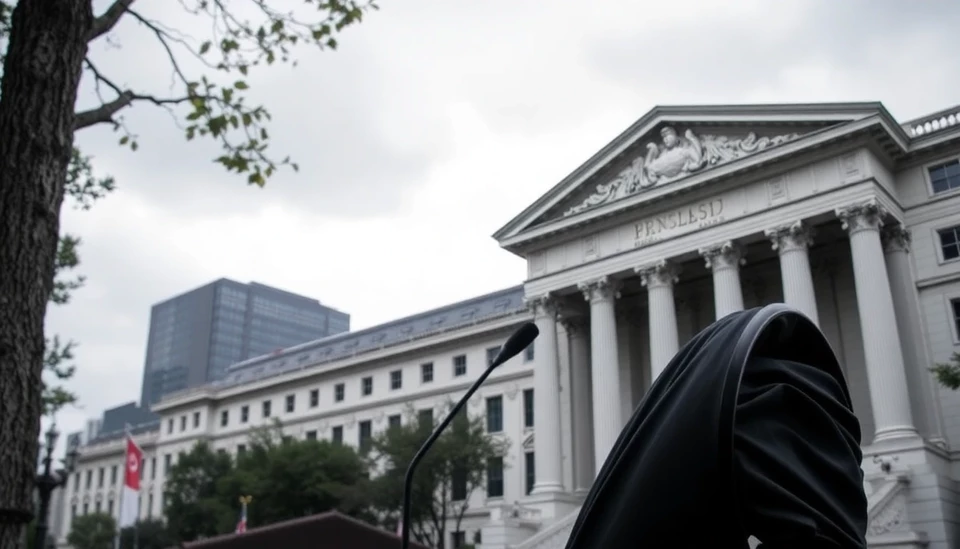
New Zealand's financial landscape is witnessing a significant shift as recent reports reveal that the country is grappling with a widening budget deficit, attributed primarily to a surge in government expenditures. The latest fiscal updates indicate that the financial gap has expanded beyond initial projections, raising concerns about the sustainability of government spending amidst an unpredictable economic climate.
Data released by the New Zealand Treasury highlights that the government's operating deficit for the current fiscal year is anticipated to swell significantly. The latest figures show a stark contrast to prior expectations, as the expense forecast has escalated due to various factors, including heightened social welfare costs and infrastructural commitments. As costs continue to mount, the government is being pressured to re-evaluate its spending strategies to mitigate the escalating deficit.
According to Treasury officials, the increase in expenses is largely driven by the government's ambitious plans to bolster social services and fund critical infrastructure projects. Initiatives aimed at improving public health, education, and housing have seen substantial financial allocations, which, while beneficial for public welfare, have inadvertently contributed to the mounting budgetary pressures.
The situation has ignited a wider debate among policymakers and economists regarding the balance between fiscal responsibility and the necessity of investing in citizens' welfare and public infrastructure. Critics warn that without countermeasures, such as expenditure controls or new revenue-generation strategies, New Zealand risks entering a perilous financial trajectory that could have long-term repercussions on the economy.
In response to the growing concerns, Prime Minister Chris Hipkins has emphasized the government's commitment to addressing the budget deficit while still adhering to the principles of responsible governance. He acknowledged the challenges ahead but expressed optimism that strategic financial management can guide the country through this complex situation. The government has already hinted at potential reviews of existing spending commitments to prioritize essential services while exploring avenues for increasing revenue.
Analysts are closely monitoring the implications of this widening fiscal gap as it may impact not only the government's financial health but also its credit rating and overall economic confidence. Key stakeholders, including business leaders and economists, are advocating for transparent discussions on long-term fiscal strategies that can stimulate growth while maintaining economic stability.
This financial predicament presents a stark reminder of the fluctuating nature of economic conditions and the intricate challenges faced by governments in managing public resources. The coming months are likely to be pivotal for New Zealand as it navigates through this budgetary crisis, aiming to restore confidence in its fiscal policies while addressing the needs of its citizens.
As New Zealand moves forward, the focus will remain on finding a delicate balance between spending and fiscal prudence, with heightened scrutiny from both the public and various interest groups. The path ahead will undoubtedly require careful planning and strategic execution to ensure the country emerges resilient in the face of economic uncertainties.
#NewZealand #BudgetDeficit #GovernmentSpending #FiscalResponsibility #EconomicIndicators #SocialWelfare #Infrastructure #GovernmentPolicy #PublicFinance
Author: Daniel Foster




